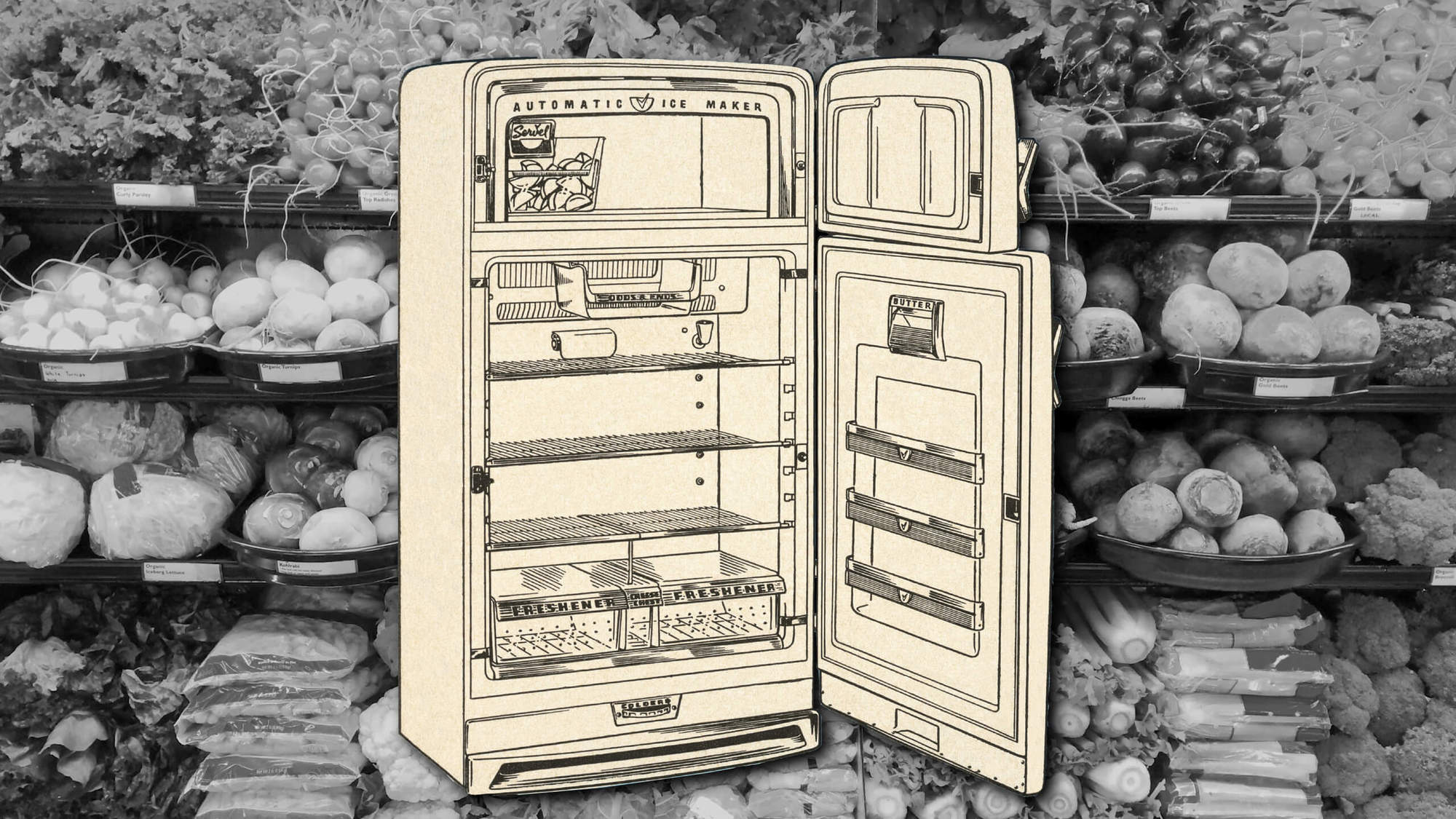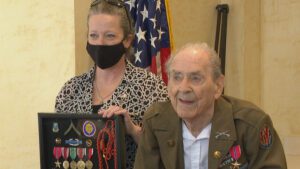
By Donald Lachman, Special Projects Coordinator, and Andrea Talmadge, Regional Coordinator
Food insecurity is a term that we have heard frequently during the COVID-19 pandemic to describe the challenges many people are experiencing as they try to put food on the table. We have all witnessed scenes in the news of long lines of people extending the length of multiple football fields, waiting in the cold and the heat for hours to obtain boxes of food at local community centers.
But, there is another aspect of food insecurity that is frequently overlooked. It is not related to a lack of access to healthy food items, but rather their access to safe food storage and proper preparation. Faulty major kitchen appliances including refrigerators and freezers. Stoves and ovens directly contribute to the food and nutrition problems experienced by many aging and low-income households including Veterans.
The main barrier often preventing many people from correcting this unhealthy and disturbing circumstance is a financial one. The cost of purchasing and installing a major kitchen appliance such as a refrigerator can easily amount to several thousands of dollars and is a prohibitive expense for many households!
“Defective food storage and preparation are directly linked to increased consumption and dependence on overly processed, high-salt, and high sugar foods…”
Defective food storage and preparation are directly linked to increased consumption and dependence on overly processed, high-salt, and high-sugar foods often associated with canned goods and local fast-food outlets. For many people diagnosed with high blood pressure, cardiovascular disease, or diabetes, these can be poor nutritional choices that can increase their risk of stroke and even death.
However, WestCare Washington and Home Depot have recently joined forces to launch a county-wide initiative that addresses this issue.
Our shared vision is to reduce food insecurity associated with faulty kitchen appliances while concurrently helping Veterans initiate sustainable nutrition planning. This planning will include connecting clients to healthy food choices and programs offered in their local community.
By reaching out to representatives from the local American Legion, Red Cross, and faith-based groups, we identified our initial list of Veterans and family members who could benefit from replacement kitchen appliances. Our plan is to work closely with our colleagues at Home Depot as well as Mary Ellen Pistalu, our Grant Development Officer with WestCare Foundation, to secure approval and facilitate the installation of this first round of appliances before the end of May.




